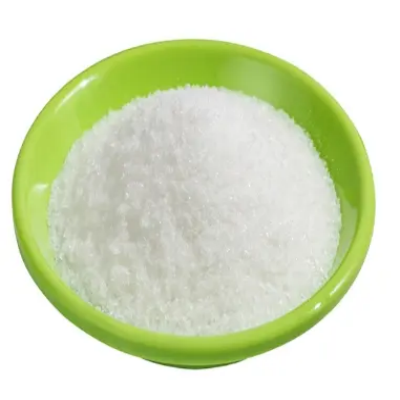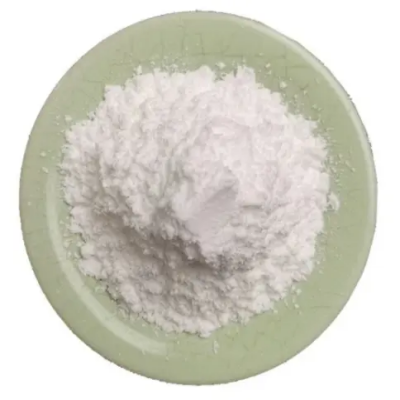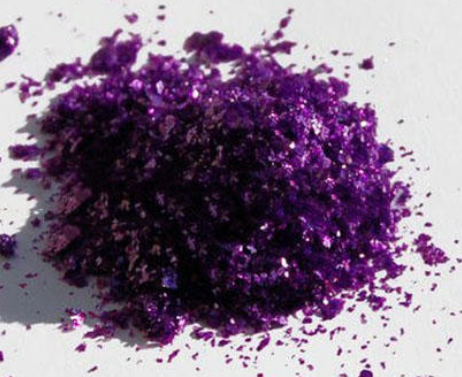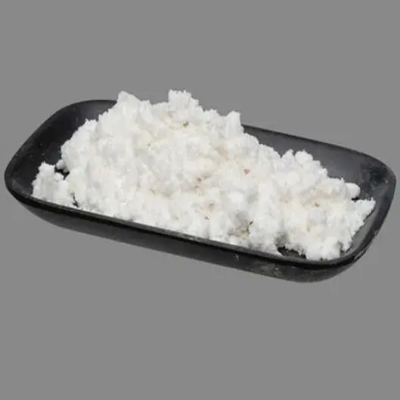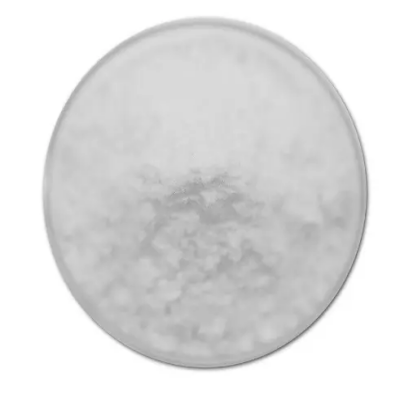Doxycycline monohydrate CAS:17086-28-1
Doxycycline monohydrate finds extensive application in treating diverse infections, including respiratory tract infections, urinary tract infections, skin and soft tissue infections, and sexually transmitted diseases such as chlamydia and gonorrhea. Its anti-inflammatory properties also make it effective in managing acne vulgaris and rosacea. In addition to therapeutic uses, doxycycline monohydrate serves as a prophylactic agent for malaria prevention in individuals traveling to regions where the disease is endemic. With its long half-life and once-daily dosing schedule, it provides a practical option for malaria prophylaxis. Healthcare providers may prescribe doxycycline monohydrate for Lyme disease, anthrax, bacterial pneumonia, and other infections caused by susceptible pathogens. Treatment duration and dosage are individualized based on the infection type, patient factors, and treatment response. Patients taking doxycycline monohydrate should follow their healthcare provider's guidance regarding dosing, administration with or without food, and potential side effects. Common adverse effects include gastrointestinal disturbances, photosensitivity reactions, and vaginal yeast infections. Regular monitoring during doxycycline monohydrate therapy is crucial to assess treatment efficacy and detect any adverse reactions promptly. Patients should report any concerning symptoms to their healthcare provider for appropriate evaluation and management. Overall, doxycycline monohydrate stands as a versatile antibiotic with a wide range of applications, providing clinicians with an effective tool to combat bacterial infections effectively and enhance patient outcomes while promoting health and well-being.



| Composition | C22H26N2O9 |
| Assay | 99% |
| Appearance | white powder |
| CAS No. | 17086-28-1 |
| Packing | Small and bulk |
| Shelf Life | 2 years |
| Storage | Store in cool and dry area |
| Certification | ISO. |


